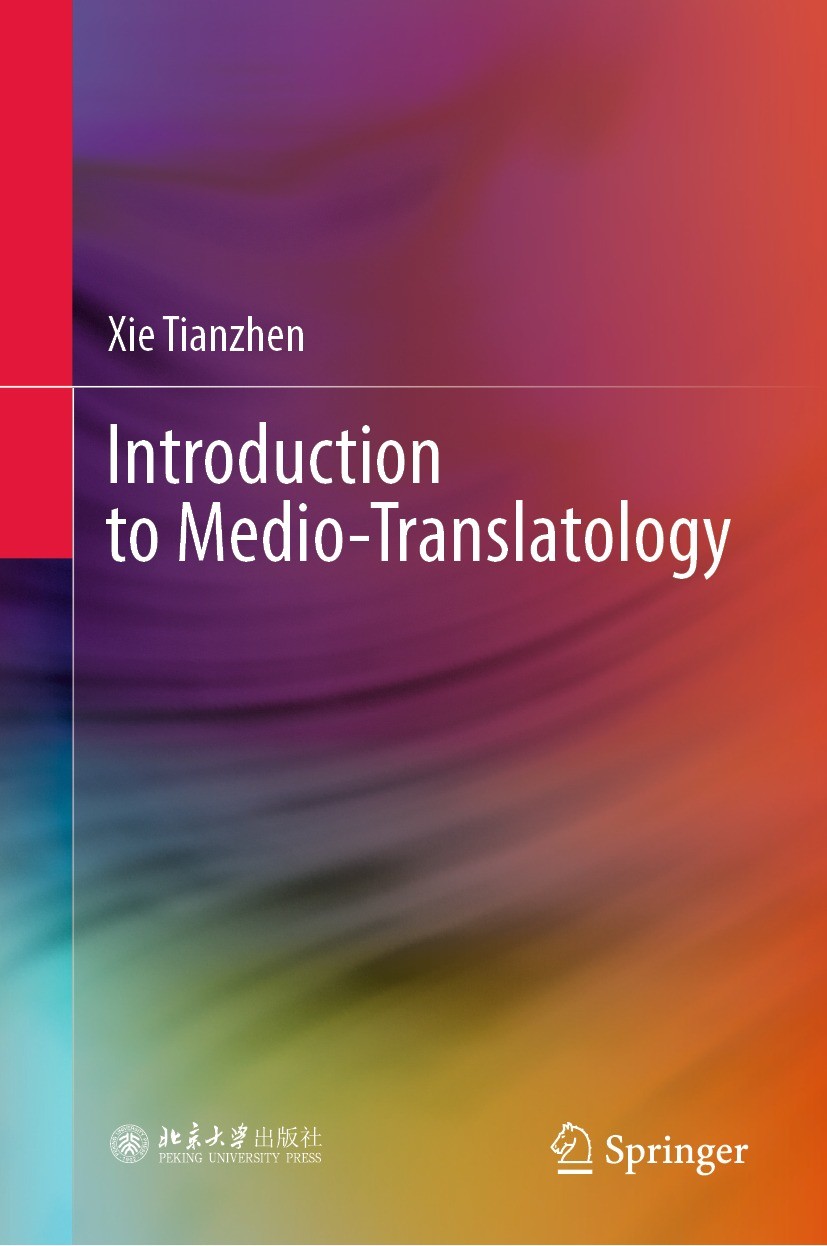

Most ebook files are in PDF format, so you can easily read them using various software such as Foxit Reader or directly on the Google Chrome browser.
Some ebook files are released by publishers in other formats such as .awz, .mobi, .epub, .fb2, etc. You may need to install specific software to read these formats on mobile/PC, such as Calibre.
Please read the tutorial at this link: https://ebookbell.com/faq
We offer FREE conversion to the popular formats you request; however, this may take some time. Therefore, right after payment, please email us, and we will try to provide the service as quickly as possible.
For some exceptional file formats or broken links (if any), please refrain from opening any disputes. Instead, email us first, and we will try to assist within a maximum of 6 hours.
EbookBell Team

0.0
0 reviewsThis book offers a comprehensive introduction to medio-translatology, including its historical and literary setting, its core concept, and its practice and theory. Medio-translatology, inspired by scholarship in comparative literature and the “cultural turn” in Western translation studies, has tackled many issues which previously went unnoticed or were ignored in traditional translation studies in China; it falls within the scope of literary studies and cultural studies, extending beyond the confines of language and treating literary translations and translating as historical facts.
Emerging from comparative literature, medio-translatology looks at literary translation from a new and broader perspective, and explains, with illustrative and compelling examples, that literary translation is “an act of creative treason.” The originality of this approach is also evident in its distinguishing between the history of translated literature and the history of literary translation, as well as in its addressing the nature and status of translated literature.
The Chinese edition of this book, being the first of its kind and well received in China, has been hailed as a milestone in exploring translation studies in the context of comparative literature in Chinese academia, and it introduces to students and researchers alike a wide range of new thoughts and ideas.
Xie Tianzhen was Professor of Comparative Literature and Director of the Institute for Translation Studies at Shanghai International Studies University; he was also a guest professor or taught on a part-time basis at Peking University, Fudan University, and Sichuan International Studies University, among several others. He published extensively on comparative literature (including medio-translatology), translation theory, and translation history, and is widely recognized as a pioneer in the area of medio-translatology